Life
Sign up for our newsletter
We summarize the week's scientific breakthroughs every Thursday.
-
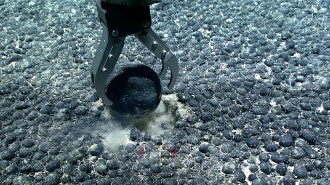 Oceans
OceansIn a seafloor surprise, metal-rich chunks may generate deep-sea oxygen
Instead of sinking from the surface, some deep-sea oxygen may be created by battery-like nodules that split water into hydrogen and oxygen.
By Sid Perkins -
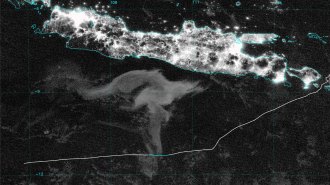 Oceans
OceansCan bioluminescent ‘milky seas’ be predicted?
For the first time, a scientist has used ocean and atmospheric data to find a milky sea, a huge expanse of luminous water, in past satellite images.
By Bas den Hond -
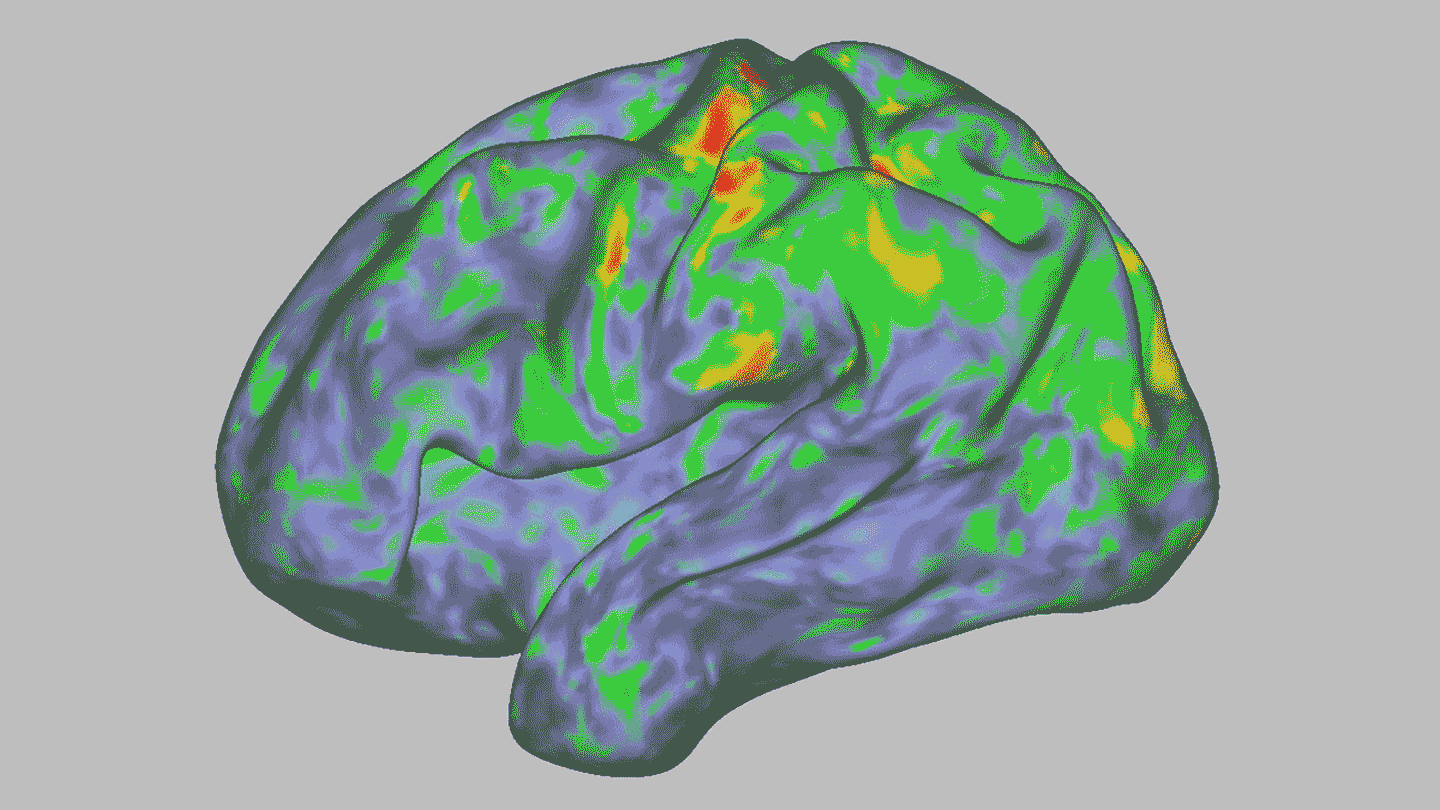 Neuroscience
NeurosciencePsilocybin temporarily dissolves brain networks
A high dose of the psychedelic drug briefly throws the brain off kilter. Other, longer-lasting changes could hint at psilocybin's therapeutic effects.
-
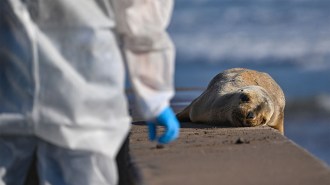 Health & Medicine
Health & MedicineBird flu has been invading the brains of mammals. Here’s why
Although H5N1 and its relatives can cause mild disease in some animals, these viruses are more likely to infect brain tissue than other types of flu.
-
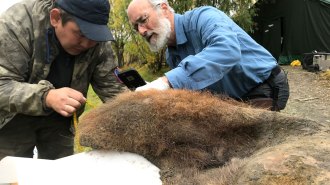 Genetics
GeneticsFreeze-drying turned a woolly mammoth’s DNA into 3-D ‘chromoglass’
A new technique for probing the 3-D structure of ancient DNA may help scientists learn how extinct animals functioned, not just what they looked like.
-
 Health & Medicine
Health & MedicineBreastfeeding should take a toll on bones. A brain hormone may protect them
The hormone CCN3 improves bone strength even as breastfeeding saps bones of calcium, a study in mice shows.
By Claire Yuan -
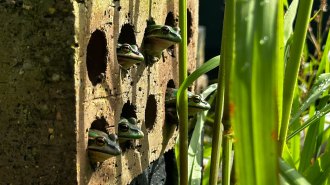 Animals
AnimalsTiny saunas help frogs fight off chytrid fungus
Balmy shelters could bolster resistance to the deadly fungus in amphibian populations, but experts caution they won’t work for all susceptible species.
By Skyler Ware -
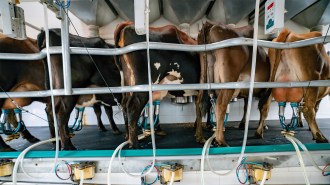 Health & Medicine
Health & MedicineBird flu viruses may infect mammary glands more commonly than thought
H5N1 turning up in cow milk was a big hint. The virus circulating in U.S. cows can infect the mammary glands of mice and ferrets, too.
-
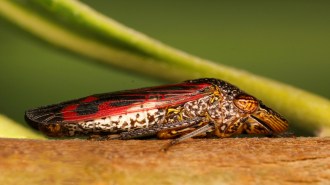 Agriculture
Agriculture50 years ago, scientists ID’d a threat to California wine country
Fifty years after scientists identified the cause of Pierce's disease, which damages vineyards, there still isn't a cure.
-
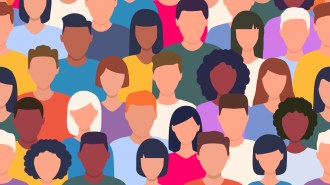 Neuroscience
Neuroscience‘Do I Know You?’ explores face blindness and the science of the mind
In her memoir, journalist Sadie Dingfelder draws on her own experiences to highlight the astonishing diversity of people’s inner lives.
-
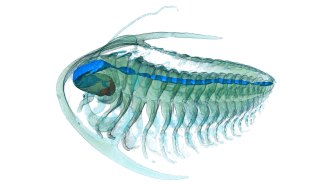 Paleontology
PaleontologyStunning trilobite fossils include soft tissues never seen before
Well-preserved fossils from Morocco help paleontologists understand the weird way trilobites ate and perhaps why these iconic animals went extinct.
-
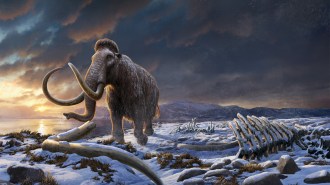 Paleontology
PaleontologyThe last woolly mammoths offer new clues to why the species went extinct
The last population of woolly mammoths did not go extinct 4,000 years ago from inbreeding, a new analysis shows.
By Claire Yuan